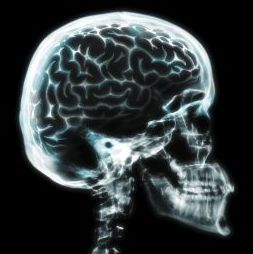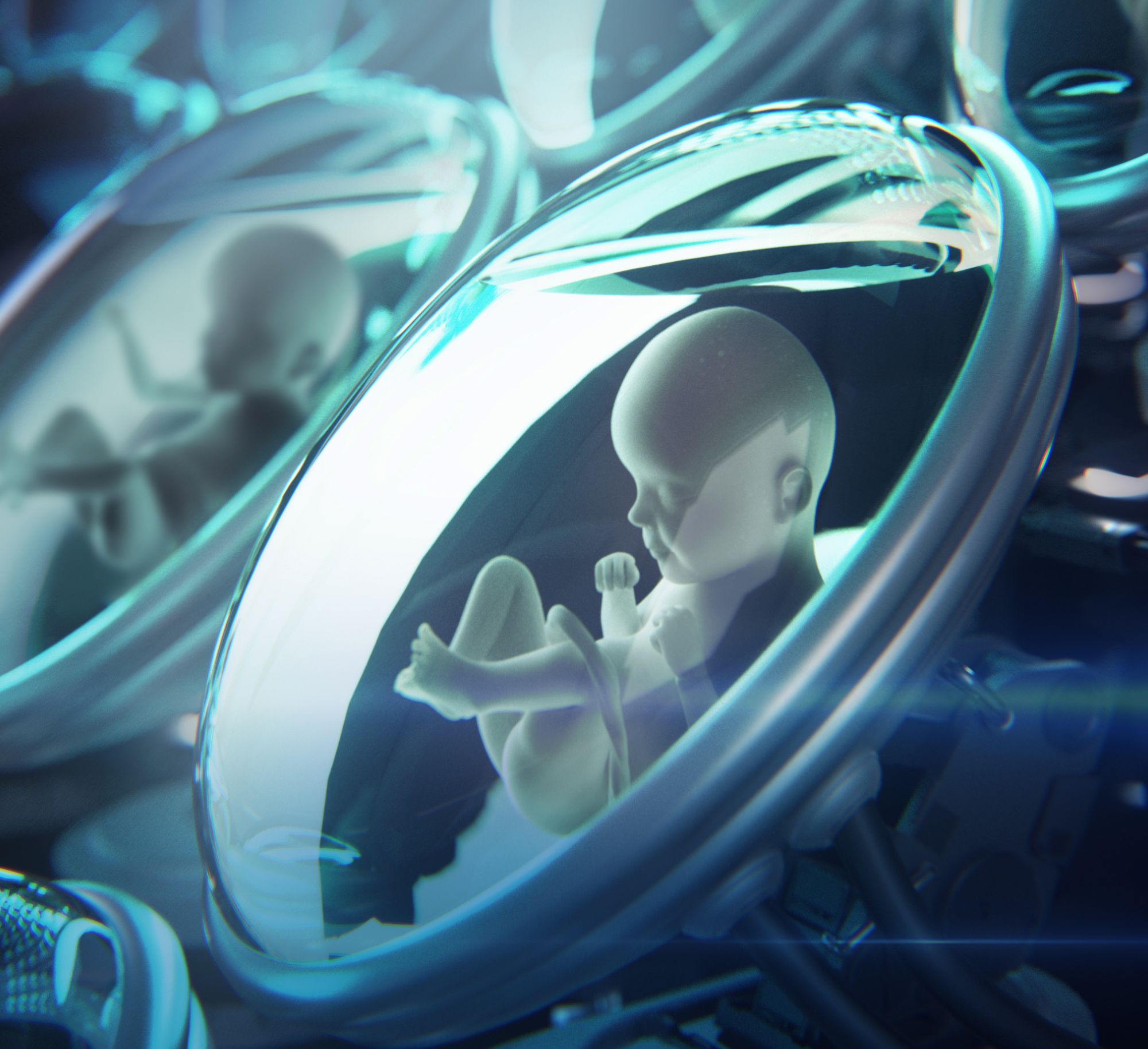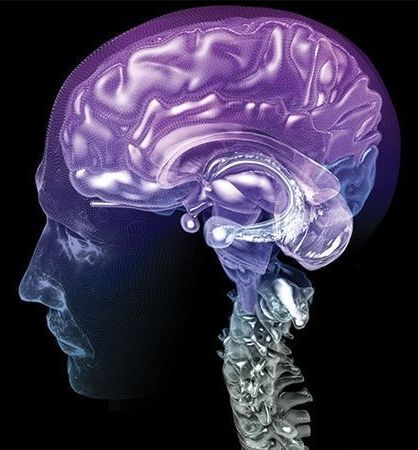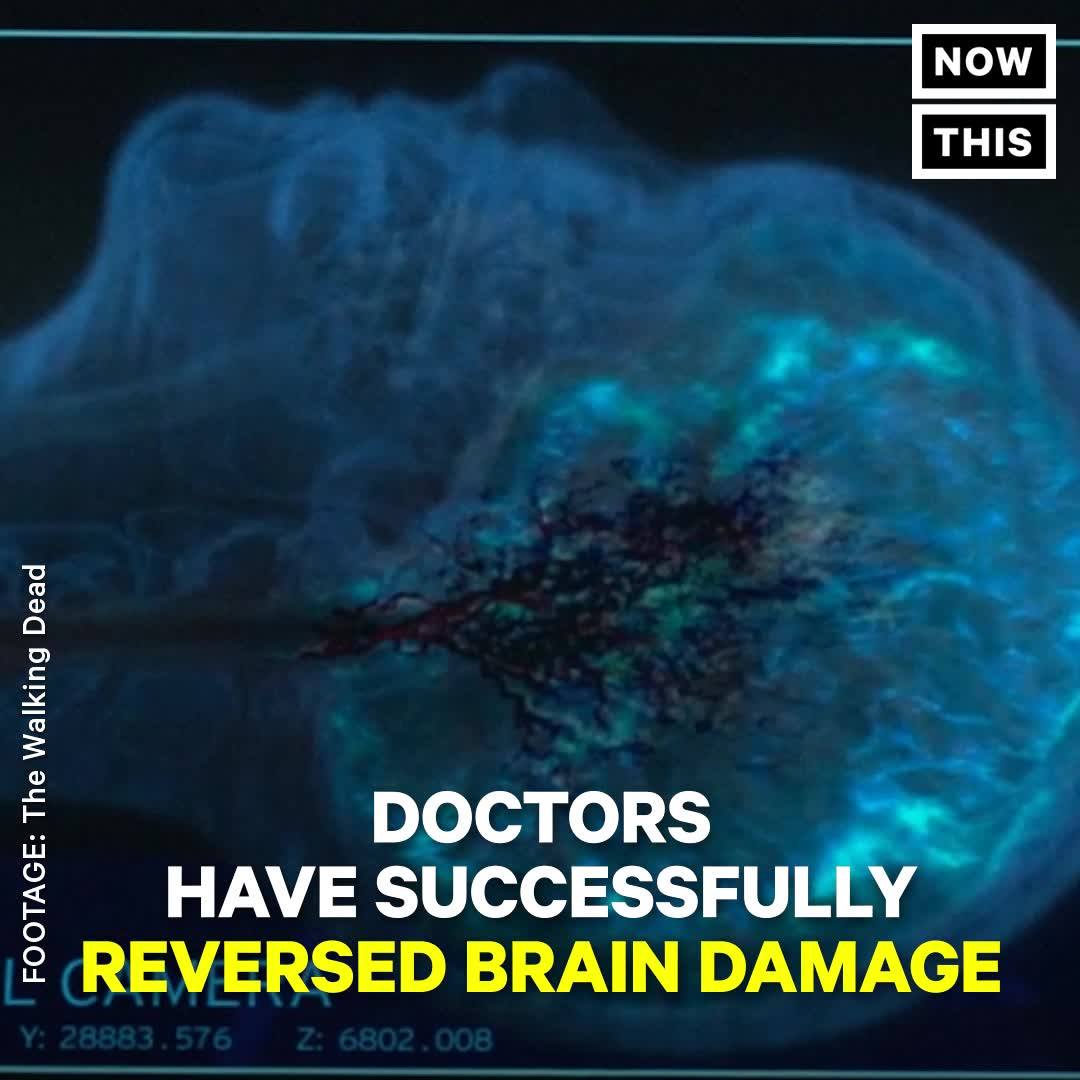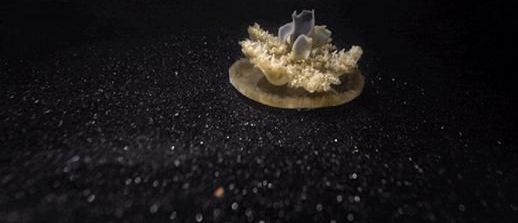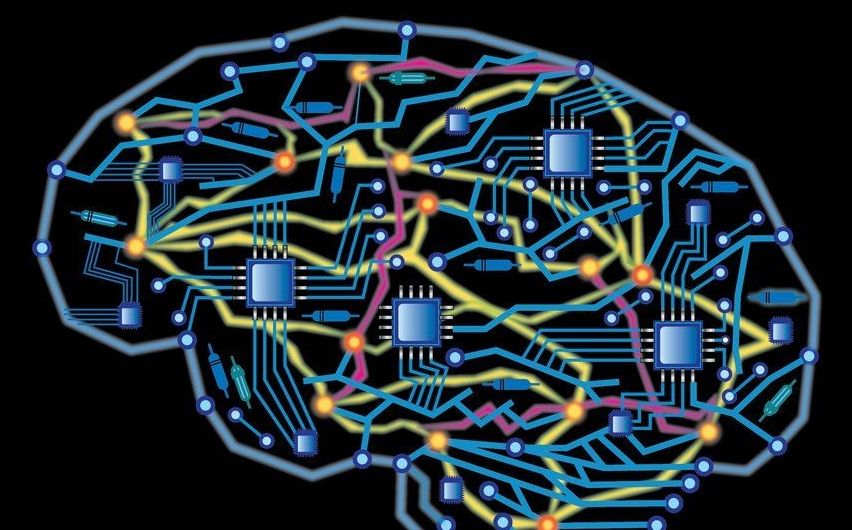Sep 24, 2017
Touching helps build the sexual brain
Posted by Shailesh Prasad in category: neuroscience
Hormones or sexual experience? Which of these is crucial for the onset of puberty? It seems that when rats are touched on their genitals, their brain changes and puberty accelerates. In a new study publishing September 21 in the open access journal PLOS Biology researchers at the Bernstein Center, and Humboldt University, Berlin, led by Constanze Lenschow and Michael Brecht, report that sexual touch might have a bigger influence on puberty than previously thought.
It has been known for some time that social cues can either accelerate or delay puberty in mammals, but it hasn’t been clear which signals are crucial, nor how they affect the body and brain, and in particular the possible reorganization of the brain.
The researchers first observed that the neural representation of the genitals in the cerebral cortex expands during puberty. To begin with, the study confirms what was expected; that sexual hormones accelerate puberty and the growth of the so-called ‘genital cortex’. However, what’s new is that they find that sexual touch also contributes substantially to the acceleration of puberty.

